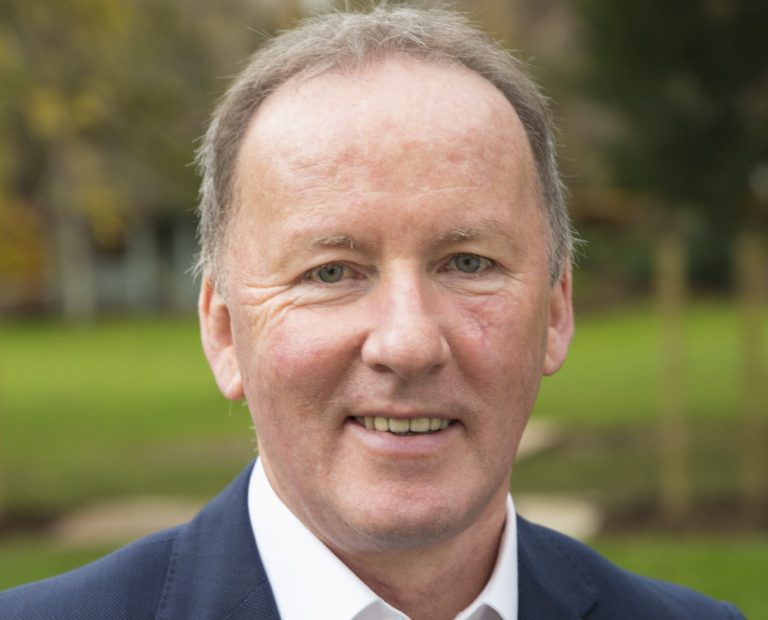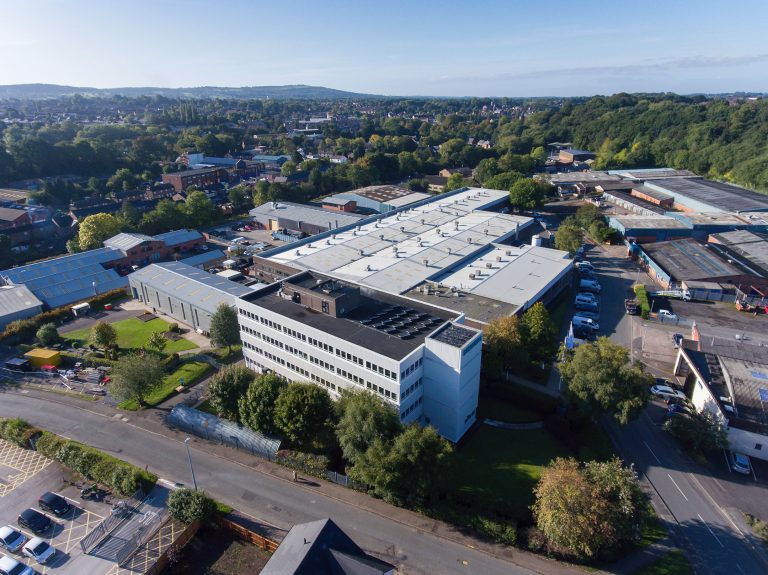Pick Everard announces ambitious business strategy to become the first-choice consultancy in the industry Collaboration forms a key part of all five of the firm’s strategic pillars Key commitments include achieving net carbon zero by the end of the year and a pledge to invest five per cent of turnover into innovation and new technology PICK Everard has today announced its new business strategy, which outlines a commitment to creating a collaborative, prosperous and sustainable future for all to benefit from, along with ambitions to be the most highly regarded consultant in the property and construction industry. The announcement comes after the firm’s most successful year to date, having achieved a turnover of £58.8m and a 17 per cent growth in its staff body. The multi-disciplinary consultancy now has more than 600 employees across its national network of 14 offices, with further growth set over the coming years. Managing Partner Duncan Green said: “Despite the worldwide challenges faced over the past year, together we have made it one of the most significant and successful in our 156-year history. It is the agility and determination of our people that has allowed us to navigate the national challenges of the last two years and come through stronger than ever – and with new ways of working that benefit our people, our clients and the wider industry too. “We have been enjoying a period of sustained growth, and with a strong pipeline of work and continued success in projects and frameworks appointments, we have examined our business strategy to outline the vision that underpins our journey. Collaboration forms a key part of all five of our strategic pillars, focusing on ‘delivering better together’ for our teams, our clients, communities and for the planet.” Pick Everard places huge value on fostering excellent company culture, with regular staff engagement shaping its approach as a business. The firm strives to be an industry leader in diverse recruitment – driven by its attitude to individuality and openness. Focused on building a talent density that perpetuates success and a commitment to train the industry leaders of tomorrow, the strategy includes the implementation of practice-wide award-winning career support mechanisms, including the Pick Everard Professional Map. This provides the pathway of the technical skills, behavioural competencies, role expectations and core values needed for personal progression, which together with the firm’s RISE mentoring programme will give staff the tools needed to achieve their career aspirations. To reflect its collaborative and client-oriented attitude, Pick Everard has evolved its internal structure to increase efficiencies and better meet the requirements of its clients. This evolution includes the creation of strategic account director roles to ensure even closer collaboration between the firm’s multi-disciplinary services to collectively. focus on the consistent delivery of excellent results for its clients. Pick Everard aims to achieve third party certification to support its strategy – namely ISO44001, which centres on collaborative business relationships. This accreditation seeks to build and support long-term partnership approaches that will increase project delivery success, manage risk, and promote best practice. The firm will also continue to build on its strong track record of outperforming competition in providing the best consultancy, choice, and services for its clients, aided by appointments on key national frameworks including Crown Commercial Services, ESPO, NHS Shared Business Services, Pagabo, and SCAPE. Duncan said: “Continuous improvement is embedded deeply in our culture, making sure that not only are we a leader in promoting new industry best practice, but also an early adopter of technology and innovations that enhance the efficiency and effectiveness of our actions. Our pledge to invest at least five per cent of annual turnover in innovation and technology will ensure we push forwards with the best solutions to meet clients’ needs on every scheme. “Our open attitude to sharing expertise allows us to upskill and inform our clients and key stakeholders, leaving a legacy of best practice and understanding wherever we work. This, along with our ambitions to be a leader in supply chain management and SME engagement, ensures that the projects we deliver provide communities with the high-quality assets that will have a positive impact on the way they, and future generations, will live, work, learn, and play.” Building on an excellent reputation for its approach to sustainability within project work, Pick Everard has been on a journey to drive down its own carbon footprint. It now pledges to become carbon neutral by the end of 2022. Duncan said: “We place sustainability and tackling the climate crisis with carbon neutral solutions central to any project, so there is no question that we must lead by example when it comes to the environment. On our own journey to net zero, we have been making great strides but will go even further, becoming a carbon neutral business by within 2022. “Delivering better together’ is not just a phrase, it’s a definition of our culture and the way of life at Pick Everard. It defines our approach to our people, our teams, our clients, and the communities and environment in which we live. We pride ourselves in our aim to create a better future and leave a positive and lasting legacy wherever we work.” For more information, please visit www.pickeverard.co.uk.







